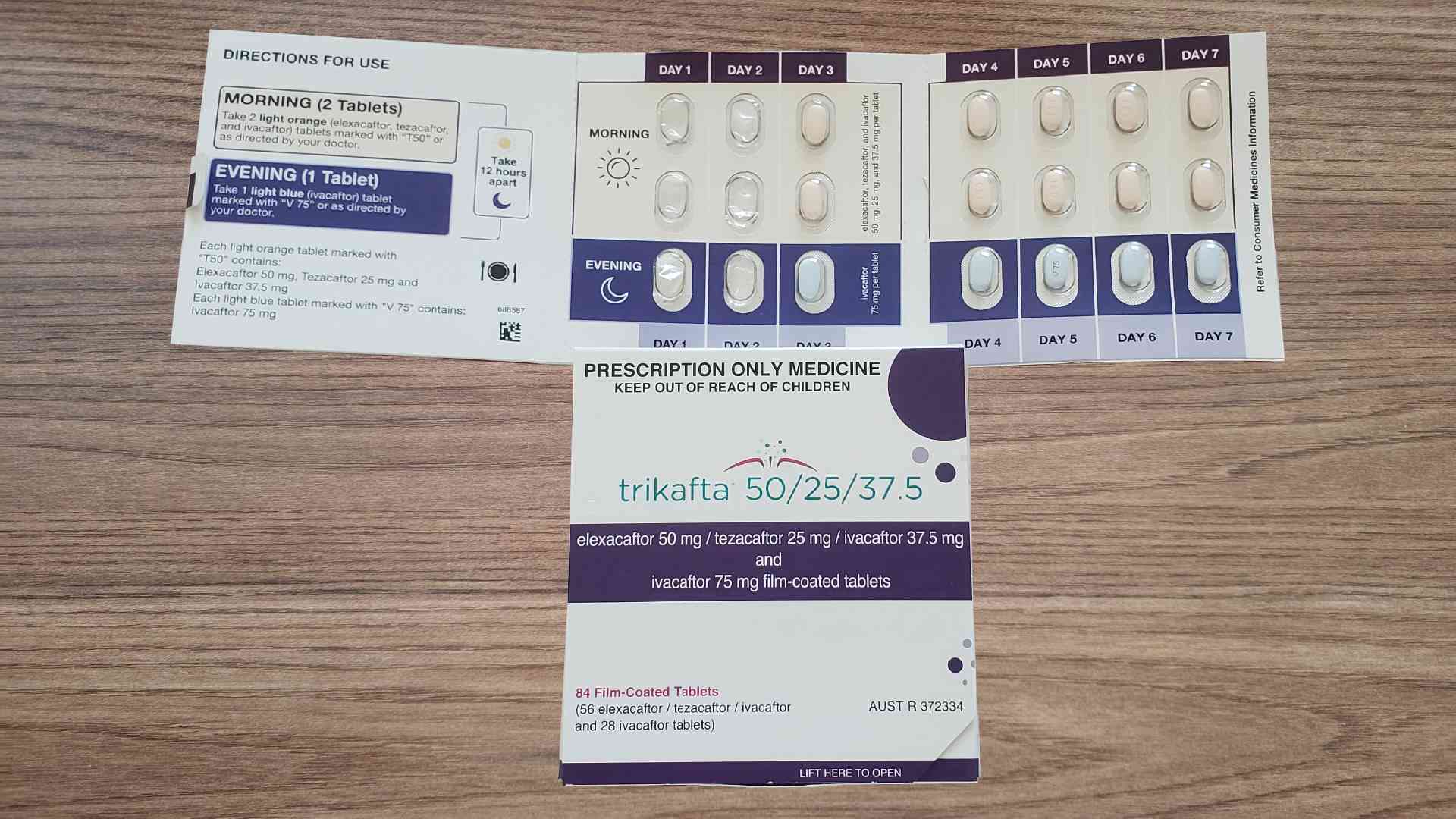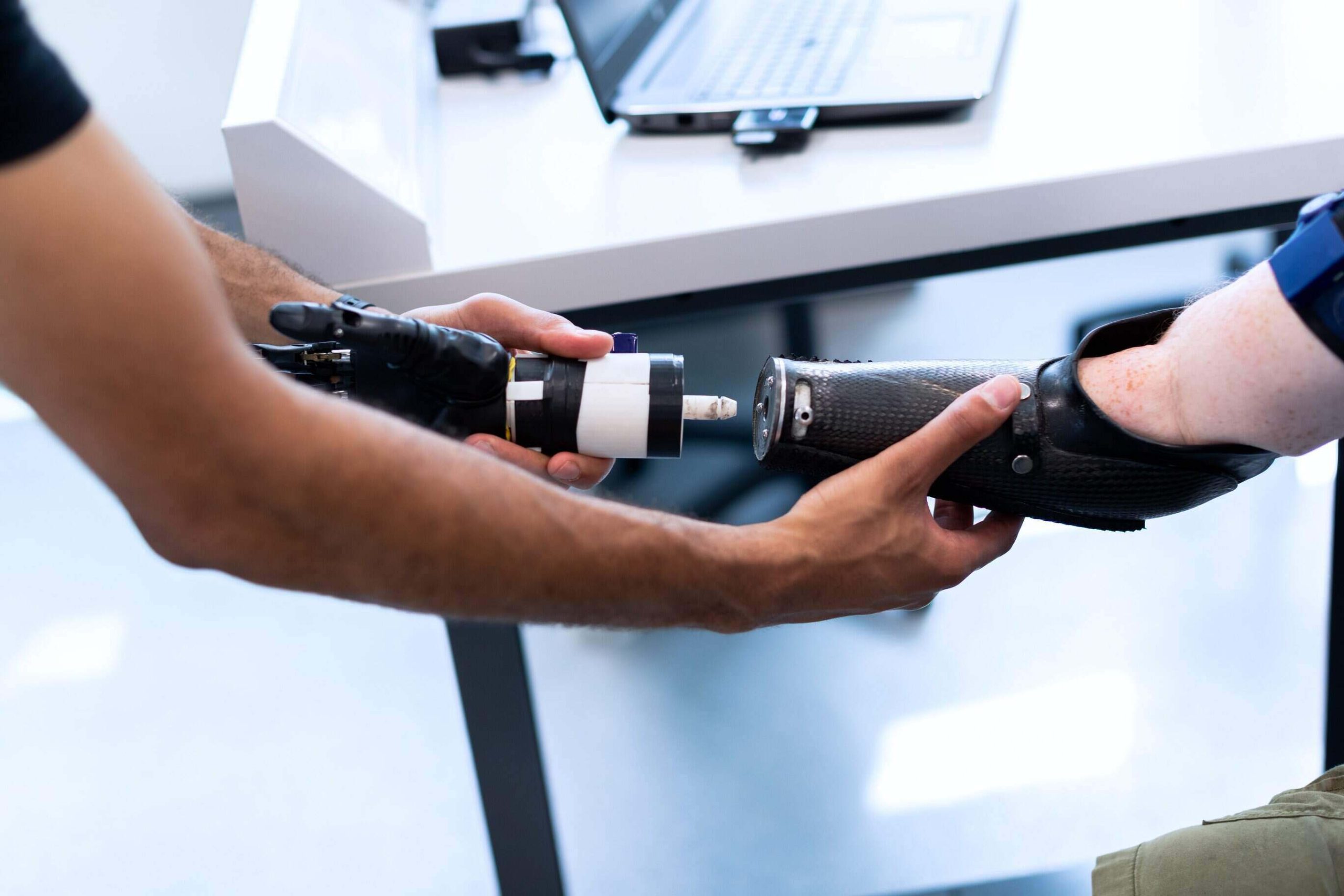Algorithmic Imaginations in Agriculture: Automation?
In 2022, I was conducting my doctoral dissertation research on data-driven, automated digital farming technologies (drones, autosteering, sensors, GIS, smartphones, Big Data) in Turkey. Amidst the global hype for digital agriculture, often referred to as “smart” farming or precision agriculture, new agritech companies and startups in and beyond Turkey have been emerging alongside agribusiness corporations. These companies invest in and prioritize data-driven and algorithmic technologies over human involvement in agriculture with the assumption of the former’s objectivity and precision (Bronson 2022). For instance, the market in Turkey provides farmers with access to drones for precise chemical spraying, including fertilizers and pesticides. These drones operate autonomously, enabling farmers to target specific sub-fields rather than resorting to mass spraying. Farmers can also access various smartphone applications that, for instance, claim to offer real-time data on soil conditions at the sub-field level collected through sensors and algorithmic recommendations ensuring precise irrigation. Additionally, the companies imagine generating valuable insights into the agricultural sector for agricultural corporations, financial and biotechnology firms, and public institutions through these data-driven technologies. While not all of these technologies are extensively used by farmers in Turkey, the companies continue developing, marketing, and showcasing them and many others to automate and gather data for a wide range of agricultural operations with the claim of improving food security and ecological and socioeconomic welfare. (read more...)







